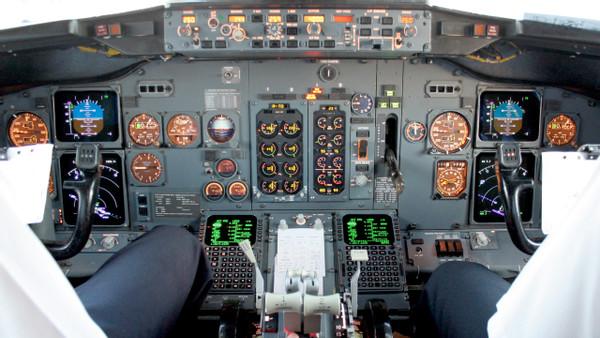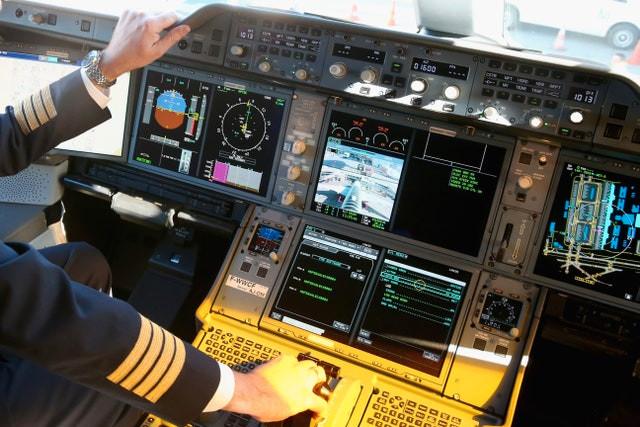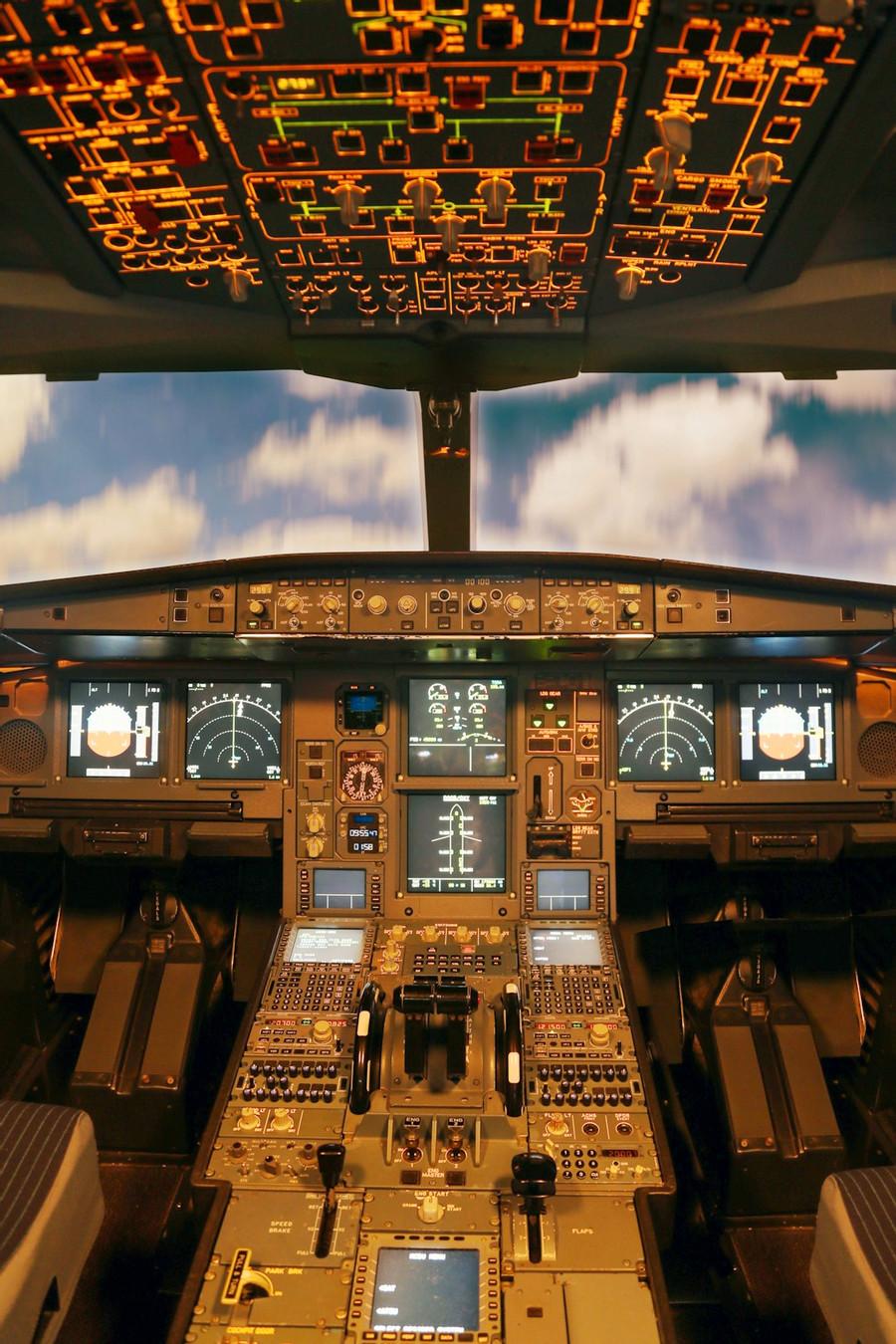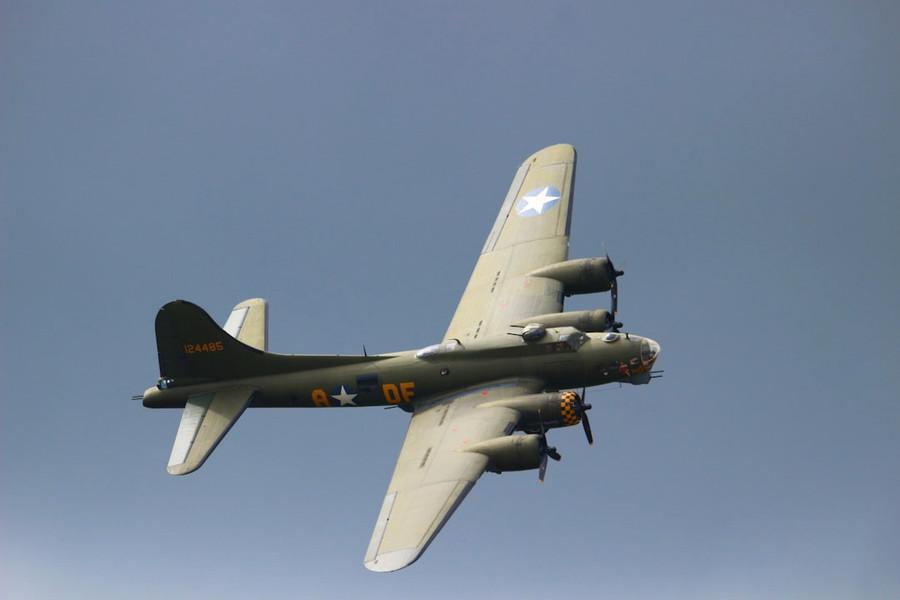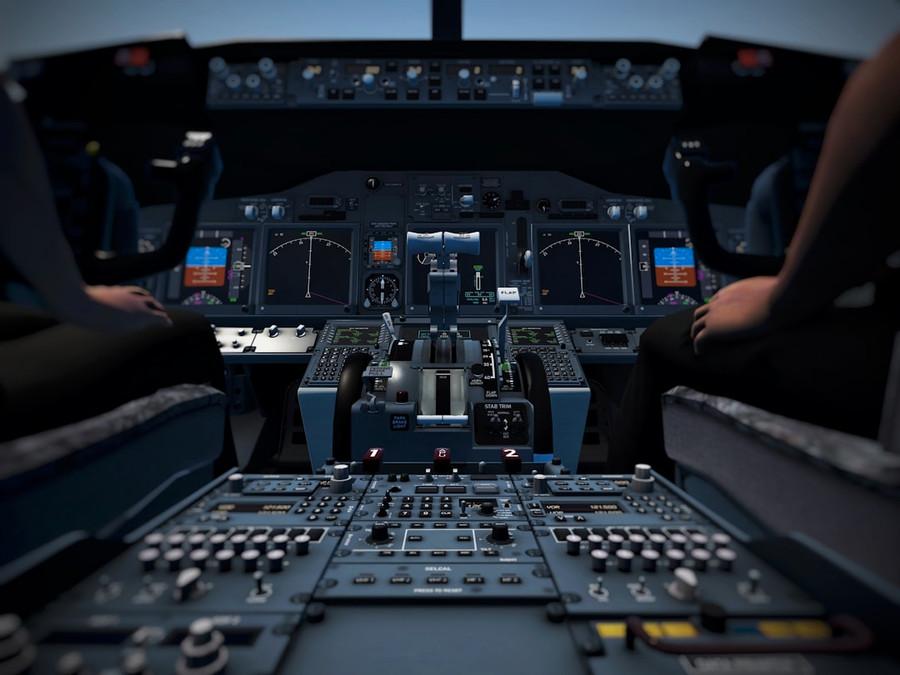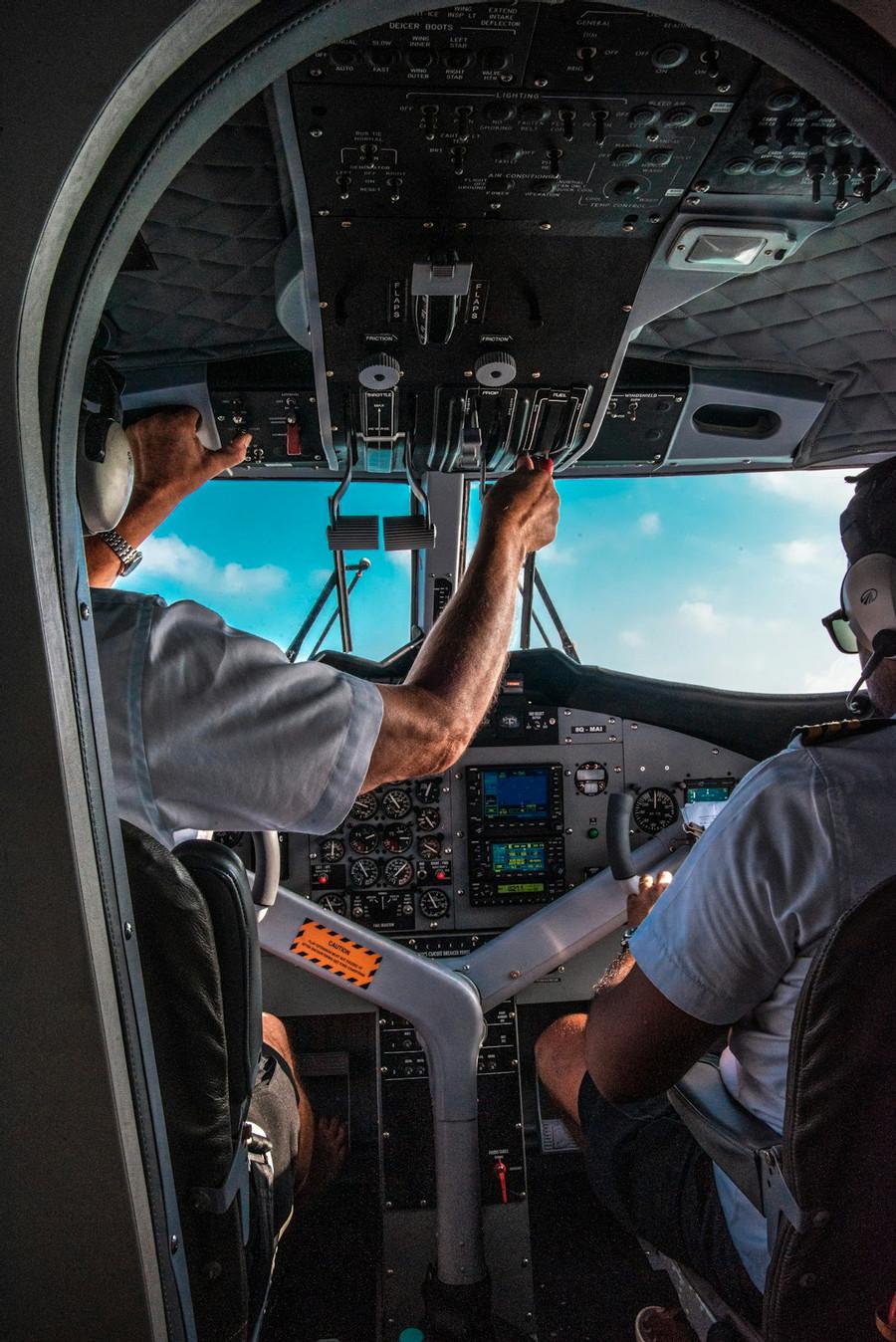Explore the World's Best Ideas
Join today and uncover 100+ curated journeys from 50+ topics. Unlock access to our mobile app with extensive features.
Built To Fly On Its Own
Planes today are built to essentially fly themselves.
Autopilot refers to a collection of systems that automate a plane’s operations.
The most common reason for plane crashes is human error, so it can be reassuring to know that aircraft are designed to be automated and, frankly, smarter than humans.
Airplanes are built with redundancies, so that if one system fails, there’s another to back it up. And today’s planes are built not only to operate normally, but to read changes in abnormal operations and adjust accordingly.
8
143 reads
That Computer In The Cockpit
The airplane's complex computer matrix tells your plane how to fly, including navigation, altitude, speed, and engine thrust, which controls the force by which the plane moves through the air. When these systems are engaged—after a human enters the flight destination information, autopilot culls data about the flight route, location, and navigation—the navigation harnesses the same GPS technology that’s on your cell phone and spits out an optimized flight plan. This allows the pilot to remain hands-free for the duration of the flight.
7
111 reads
The Origins Of Autopilot
The first rudimentary autopilot system can be traced back to nearly the beginning of flight, when in 1912 the Sperry Corporation created a system that allowed a plane to fly straight without a pilot’s control. The development was a significant one, as it set the course for air travel as we know it today, and gave both mental and physical space to the pilot to increase focus on other aspects of operating a flight or combat, as the case may be.
Following World War II, the U.S. manufactured a plane, the F-5 fighter jet, that could take off and land on its own.
8
84 reads
How Autopilot Works
The system receives data from the aircraft’s various mechanisms and responds by inhibiting a particular action in response to another action.
For instance: If the wings are no longer level, the autopilot receives data telling it that, and it activates to correct the problem. Once the wings are level, the loop closes and that communication essentially stops. This repeats with all of the functions of a plane inflight including steering, speed, altitude, and more.
The Pilots are monitoring closely to mind for any issues or inconsistencies.
7
87 reads
The Pilots Still Have A Job
Autopilots are a useful tool to help pilots manage their cockpit workload, however they require continuous monitoring and pilots must continue their normal cockpit cross check to verify expected and proper operation.
Pilots are trained to fly planes manually and some put in manual flying time every month. Still, there is concern that the automation allows pilots to get rusty at actually knowing how to fly.
7
99 reads
IDEAS CURATED BY
Always appreciate the time you get, because you never know how much longer it`ll last.
CURATOR'S NOTE
Autopilot: A Primer
“
Brantley 's ideas are part of this journey:
Learn more about technologyandthefuture with this collection
The importance of networking in podcasting
How to grow your podcast audience
How to monetize your podcast
Related collections
Similar ideas
Read & Learn
20x Faster
without
deepstash
with
deepstash
with
deepstash
Personalized microlearning
—
100+ Learning Journeys
—
Access to 200,000+ ideas
—
Access to the mobile app
—
Unlimited idea saving
—
—
Unlimited history
—
—
Unlimited listening to ideas
—
—
Downloading & offline access
—
—
Supercharge your mind with one idea per day
Enter your email and spend 1 minute every day to learn something new.
I agree to receive email updates
